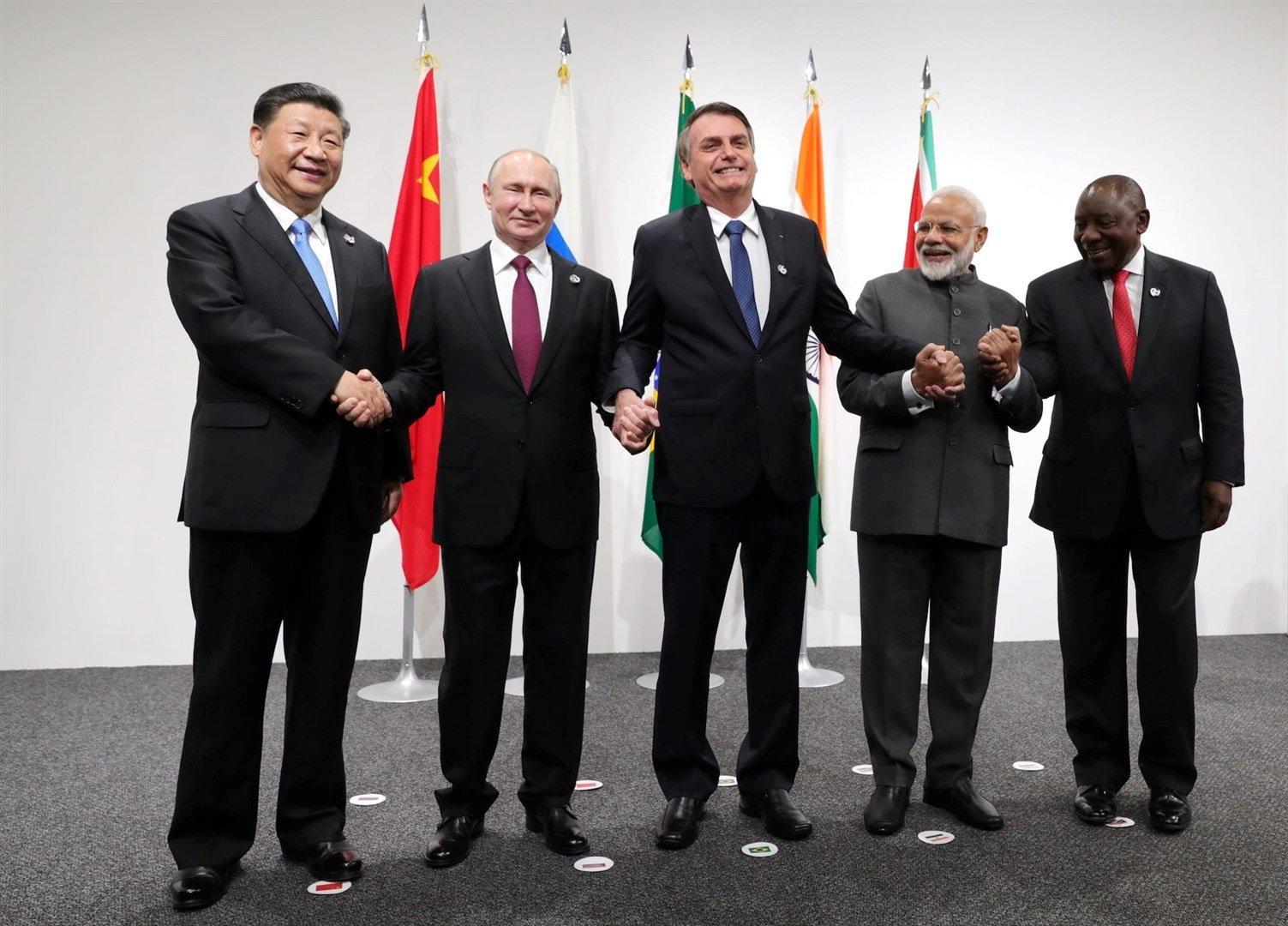Isaac Khambule
Africa-Press – South-Africa. South Africa needs to assert its sovereignty to be respected among emerging powers. The fact that South Africa appears to be the only nation targeted by the US within the BRICS grouping shows Brazil, Russia, China and India have already done just that, writes Isaac Khambule.
Historically, institutions such as the International Monetary Fund and the World Bank were used to influence and subvert domestic policies in favour of Western interests and policies. Today, the diplomatic gloves are off because of the Russia-Ukraine War, with the United States using its economic diplomacy to push various strategic countries to support Ukraine. Are we entering a new era in the global political economy?
While some sections of society are joyful of the US’ threats to review South Africa’s status in the AGOA trade deal (obviously as a punishment for the country’s non-alignment stance on the Russia-Ukraine war), the US could be further isolating itself from developing countries, and providing more reasons as to why developing nations should push for a multipolar world.
Almost everyone knows South Africa’s position on the Russia-Ukraine issue. This position is influenced by the historical ties between the ANC and the USSR (although some point to the differences between USSR and Russia – without much deep thought on whether there has been a drastic change in Russia’s foreign policy towards South Africa). The resultant diplomatic mayhem has caused Western-allied sectors of society to brand South Africa as a country losing its status as a humanitarian and peaceful promoting nation.
More recently, even domestic politicians such as ActionSA’s Herman Mashaba and the DA’s John Stenhiusen have been vocal about the ANC government’s posture on the Russia-Ukraine matter, and the potential of upsetting the US. Those from upper echelons strongly point to the trade losses for SA by not supporting the US’ stance on the matter. Obviously, the economic impact should be considered in most domestic decisions, but does that mean a country must lose its sovereignty in the process? This matter has caused Naledi Pandor, the Minister of International Relations and Cooperation, to be hailed by some while lamented by others.
In international relations and diplomacy, the interests of other countries cannot dictate a nation’s foreign policy because of the sacrosanct principle of sovereignty. In this context, sovereignty cannot be suspended willy-nilly at the behest of the US. Those who have a dependency complex on the West and are patriotic to the West to secure their economic interests remain oblivious to what is beneath the surface. A similar script was observed when the US supported the apartheid state during the Cold War era, with no shred of care for those oppressed and marginalised by the repressive regime.
While we can observe the likely economic losses emerging from the US’s threats, should that be the only determinant when making foreign policy? Should South Africa accede to its foreign policy dictated by another country’s threats of economic pitfalls, that would be the end of sovereignty as we know it. If we are to apply international norms, such norms must be upheld irrespective of the country’s military and economic power.
What would then stop the US from further dictating South Africa’s foreign policy on the Israel-Palestine matter? South Africa’s response could either shape an era where the US or other superpowers bully developing nations through diplomatic economic power, or South Africa could cement the sacrosanct principle of national sovereignty. If we base the response on economic trade value, what shall happen when China says it is our biggest trader and we must ditch the US?
Despite the cheers from those whose morality is determined by their economic ties and benefits to the West, we must also consider that the BRICS have been pushing for a multipolar world where no one hegemony can use its power to dictate what other countries should and should not do. The standoff between the US and South Africa could be the irrefutable evidence needed by those who seek to change the current global order. The vision for an equal and just world-order representative the interests of emerging and developing economies can only emerge from this standoff.
The US’ response and decisions on South Africa could weaken the great influence this superpower once enjoyed in developing nations. The fact that African and Asian countries are eagerly pushing away the dollar as the trade currency in favour of local currencies in their respective regions is a sign of things to come. As such, the US’s stance toward South Africa may further isolate its influence in developing countries and prove the need for a multipolar world.
What we can infer from the current global affairs is that world politics is experiencing a reconfiguration, and there are always causalities. South Africa needs to assert its sovereignty to be respected among emerging powers. The fact that South Africa appears to be the only nation targeted within the BRICS grouping shows that Brazil, Russia, China and India have already asserted their sovereignty in the international system.
For More News And Analysis About South-Africa Follow Africa-Press






